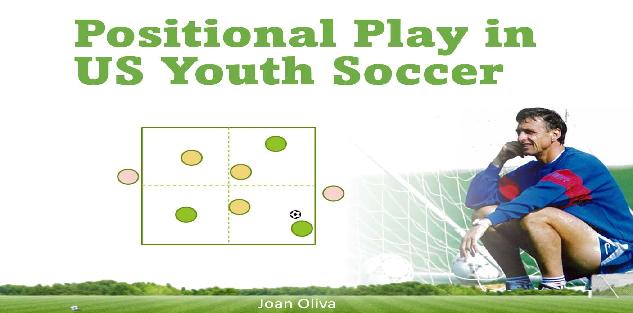

This is mindset/mental training that is needed for not just kids, but young adults.Īgain you want to take advantage of these optimal years to begin soccer skills training. Teach them that every day is not going to be fun, no matter what your passion, but with self-belief & hard work we gain so much. On the other end if you send them to a boring trainer or coach they obviously won’t have fun.Īge 10-11 is especially important because age 12 is when most kids quit soccer. You don’t want them to feel they are not good enough. If you don’t give them the extra individual or small group training they will have a hard time keeping up later on. It’s a double edge sword deciding what to do. Think of how you can add all of this in for your crew.įind the balance between fun & development Scoring goals is one thing I’ve never seen kids get bored with. Whether 2-6 friends, it gives them the opportunity to hang out with their buddies, laugh and improve. If we can get them past 13 the chances are good that they will continue in the sport.įor some kids, small groups are a lot of fun. Remember The #1 reason kids quit is “It stopped being fun.” So from ages 9-11 the idea is that we IMPROVE their SKILLS as much as we can while making most moments fun. Hey, it’s easy to do when your goal as a coach or trainer is to improve the kids and your own coaching. Yes, many kids have what it takes to get through the constant grind or certain coaches who forget they are kids. Fun needs to be high on the list.Īge 12-13 is when most kids stop playing sports. It might sound corny to some but, these are still young kids age 9-11. Remember, do the right soccer skills training – not just any training. Still, 10-15 is young and many don’t show their athletic potential until 9th grade. Players who are smaller but more skilled have to become even more skilled! Or else, when the big or fast kid builds their skill, the smaller player will struggle (unless they have good enough skill that the size or speed doesn’t affect them). I’ve seen a lot of average pros in terms of athleticism, but next level mindset and proper skill.
#SOCCER SKILLS TRAINING VIDEOS PRO#
College and especially pro is when it comes down to mentality and skill. The older you get, the more you’ll see that good skill outweighs speed.

Those who are really good with the ball, but slow might still struggle between ages 10-16. Players who are already more skilled are either the natural ones (very few) and the ones who put in the work with the ball. This way they don’t get the attitude of ‘O I already know this’. Teaching kids why we work on certain things is important. His mindset is on another level, knowing you have to want to master the craft. We’ve worked together for 6 years, so his hard work shows. Video below you’ll see a good 1st touch drill with an 11 year old player with good skill. Be careful with that crap! On game day you won’t see a single cone. If you search for soccer drills on YouTube, you’ll see tons of cone drills. These soccer skills training methods need to be worked on a lot to become smooth. There are certain drills and methods that are best for all ages. Whereas older players think they know everything:) Certain soccer drills work way better than others Mentally it’s important to learn younger because players believe and trust parents/coaches so much. They are old enough to almost do anything you show them and their attitude is so positive. These are the 3 optimal years to begin soccer skills training. Developmentally speaking, getting good soccer skills training at ages 9-11 is so helpful.


 0 kommentar(er)
0 kommentar(er)
